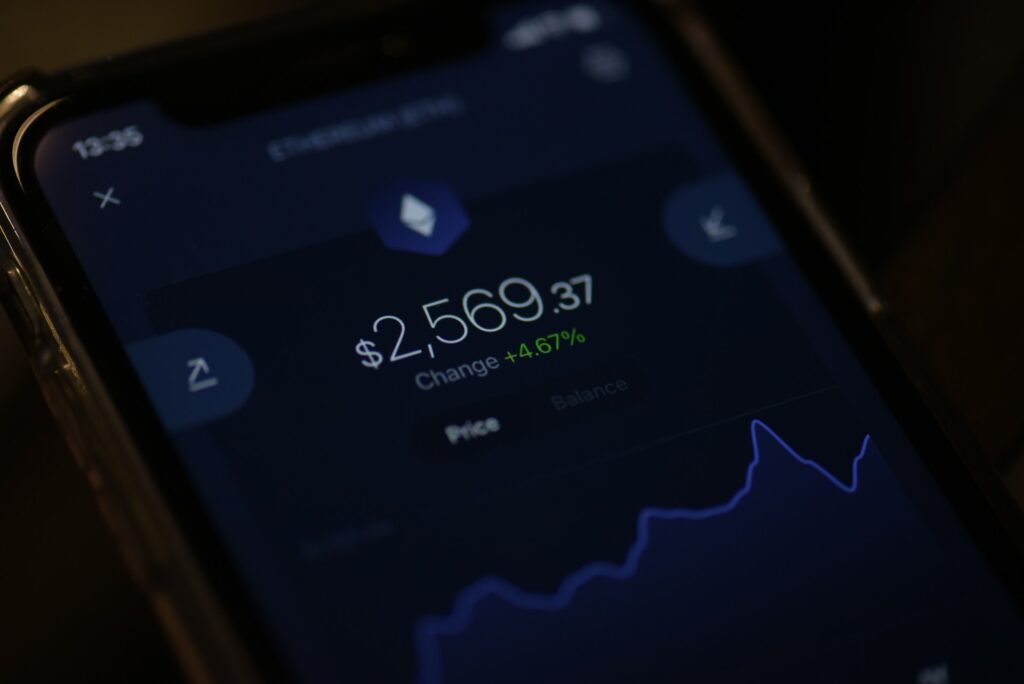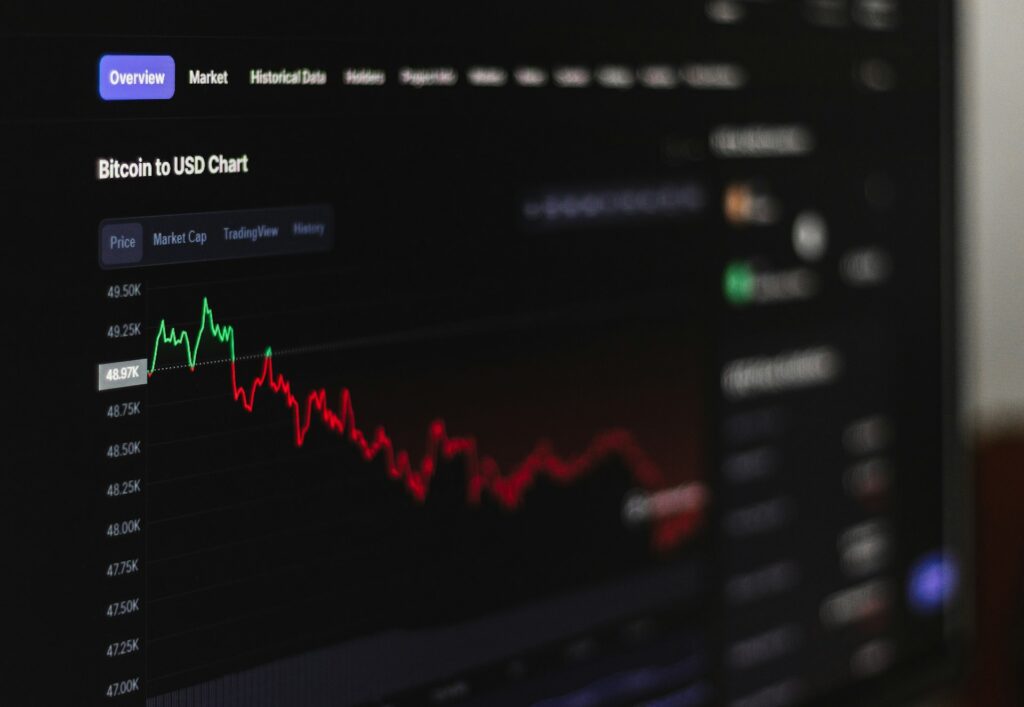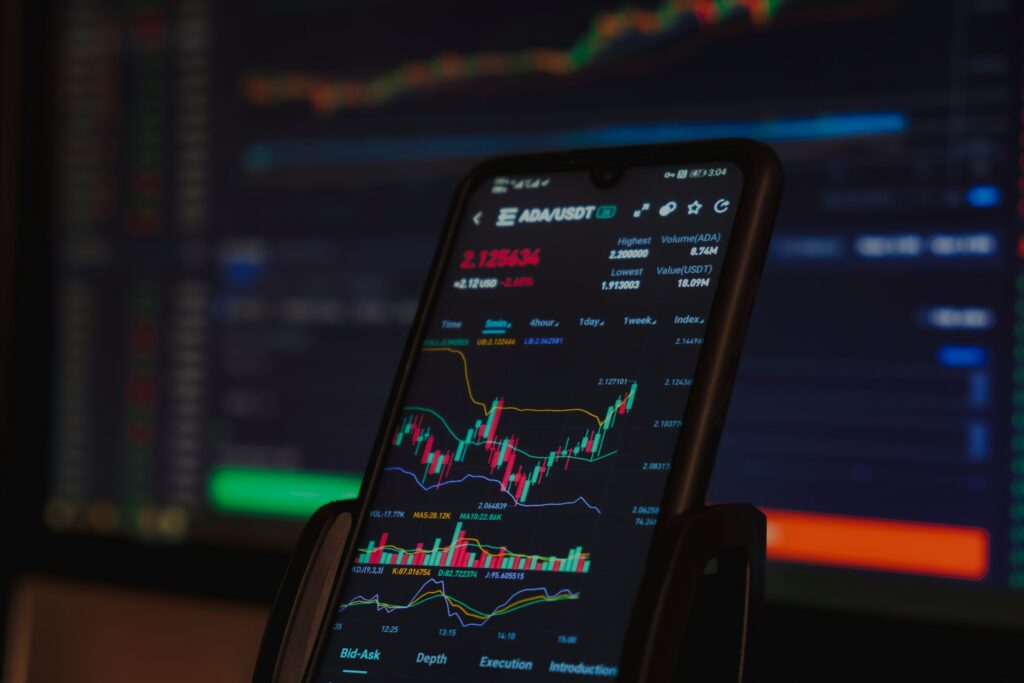I still remember my first time buying crypto. It was back in 2017 when Bitcoin was on everyone’s lips. A friend told me, “Just sign up on this exchange, link your bank, and you’re good to go.” I did exactly that and bought my first fraction of Bitcoin. It felt simple, almost like online shopping.
A few months later, I stumbled upon another platform, but it looked nothing like the first one. Instead of giving my details, I connected my wallet, and all the trades happened directly. No middlemen, no customer support number, just me and the blockchain. That’s when I first realized the difference between a Centralized Exchange (CEX) and a Decentralized Exchange (DEX).
If you’ve ever wondered which one is better or safer for your money, you’re not alone. In fact, I’ve seen plenty of heated debates on Reddit and Quora where people argue about whether it’s smart to trust a company with your coins or to take the risk of doing everything on your own.
So let’s break it down in simple words: Centralized Exchange vs Decentralized Exchange!
Key difference between Centralized and Decentralized Exchanges
At the core, the difference lies in who controls your funds.
- Centralized exchange (CEX): A company operates the platform. You deposit your money into their wallets, and they handle trades on your behalf. Popular examples include Binance, Coinbase, and Kraken.
- Decentralized exchange (DEX): No company holds your funds. You connect your crypto wallet (like MetaMask) and trade directly with other users using smart contracts. Examples include Uniswap, PancakeSwap, and dYdX.
Think of it like this:
| Feature | Centralized exchange (CEX) | Decentralized exchange (DEX) |
|---|---|---|
| Control of funds | Exchange holds your crypto | You keep your crypto in your wallet |
| Ease of use | Beginner-friendly | Requires some learning |
| Speed | Usually faster | Sometimes slower |
| Fees | Often lower for big traders | Can be higher due to gas fees |
| Security | Risk of hacks on the platform | Risk depends on your own wallet safety |
| Regulation | More compliant | Less regulated, sometimes banned |
Why do people prefer Centralized Exchanges?
From my personal experience, centralized exchanges feel a lot like online banking. The interface is smooth, and everything is just a click away. Here’s why many people, especially beginners, prefer them:
- User-friendly design: You don’t need to know what a private key or gas fee is. The exchange takes care of all that behind the scenes.
- Fiat on-ramps: You can deposit dollars, euros, or rupees directly using your card or bank transfer.
- Customer support: If something goes wrong, you can raise a ticket. With DEXs, you’re mostly on your own.
- Liquidity: Big exchanges usually have millions of users, so your buy and sell orders get matched quickly.
- Advanced features: Things like margin trading, futures, staking, and lending are usually available.
But of course, there are trade-offs. When you use a centralized exchange, you’re essentially saying, “I trust you with my money.” History shows that this trust has been broken multiple times. Mt. Gox, once the biggest Bitcoin exchange, famously lost over 800,000 BTC in a hack. More recently, the collapse of FTX left thousands of users with frozen funds.
So while centralized exchanges are convenient, they come with the risk of handing over control of your money to someone else.
Why do people prefer Decentralized Exchanges?
Now, let’s talk about the other side. DEXs may look a little intimidating at first, but they bring something very powerful to the table: true ownership.
- You control your funds: No exchange can freeze your account. Your money sits in your own wallet.
- Privacy: Most DEXs don’t ask for your identity. All you need is a wallet address.
- Global access: Anyone with an internet connection and a wallet can use them, even in countries where CEXs are banned.
- Innovation: Many new crypto tokens launch on DEXs first, giving early access to investors.
- No single point of failure: Since DEXs are powered by blockchain, there’s no central server that hackers can attack.
However, this freedom comes with responsibility. If you lose your private keys, nobody can help you recover your funds. I once read a Reddit story about a guy who lost his seed phrase and had nearly $20,000 worth of coins stuck forever. That’s a nightmare scenario, but it’s also the harsh reality of decentralized finance.
On top of that, gas fees can sometimes make small trades very expensive. I remember trying to swap just $50 worth of tokens on Ethereum and paying $30 in fees. That stings.
CEX vs DEX: Which one should you choose?
The truth is, it depends on your goals and experience level. Here’s a quick breakdown:
- If you’re a beginner
Start with a centralized exchange. It’s easier, safer for learning, and lets you buy crypto with your local currency. - If you’re worried about security and control
Go with a decentralized exchange. Just make sure you learn how to safely store your private keys and double-check every transaction. - If you want the best of both worlds
Use both. Many traders keep some funds on CEXs for convenience and liquidity while storing long-term investments in self-custody wallets and using DEXs when needed.
The debate of centralized exchange vs decentralized exchange is not about which one is “better.” It’s more about which one is right for you at a given time.
Centralized exchanges bring comfort, speed, and services similar to traditional finance. Decentralized exchanges bring freedom, control, and innovation.
Interestingly, the future might not be purely one or the other. We’re already seeing Hybrid Exchanges that try to combine the best of both worlds. For example, some platforms let users keep control of their private keys while still offering customer support and fiat access.
Personally, I see myself using both depending on the situation. When I just want to quickly buy Bitcoin with my debit card, I use a CEX. When I want to experiment with a new DeFi token or yield farm, I turn to a DEX.
If you’re just getting started, my advice is simple: try both, with small amounts first. That way, you’ll understand the pros and cons from your own experience instead of just reading about them. And who knows? In a few years, you might be telling your own story about how you switched from one to the other as crypto evolves!
With over five years of experience in the tech industry, Kazim excels at simplifying complex topics, making them accessible to tech enthusiasts and general readers alike.
He has contributed to several renowned publications worldwide, including WindowsReport and Allthings.how, bringing insightful coverage of key developments in the field.
When he’s not writing, you’ll find Kazim planning weekend getaways or diving into tech verticals beyond his expertise.




